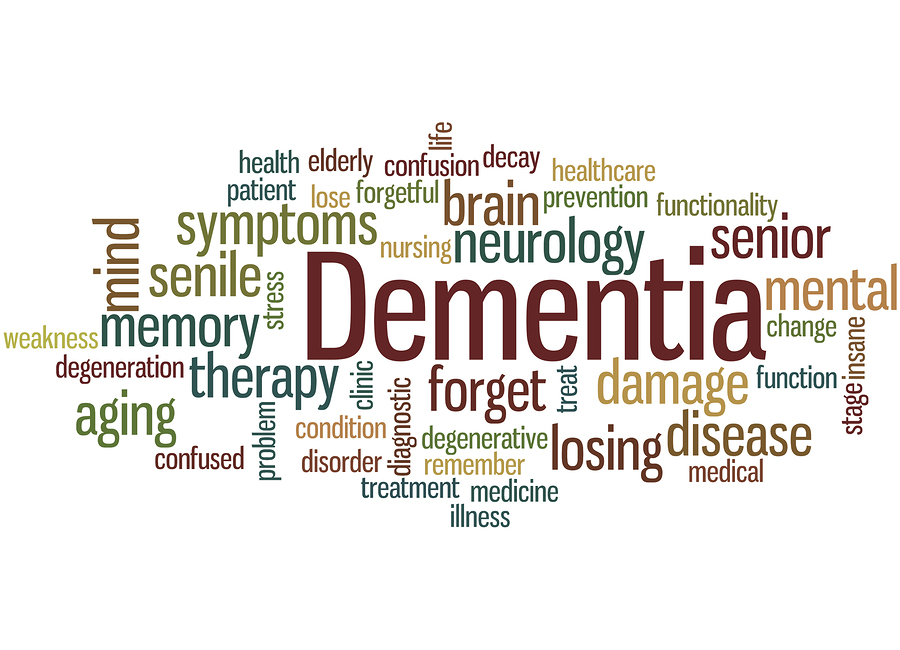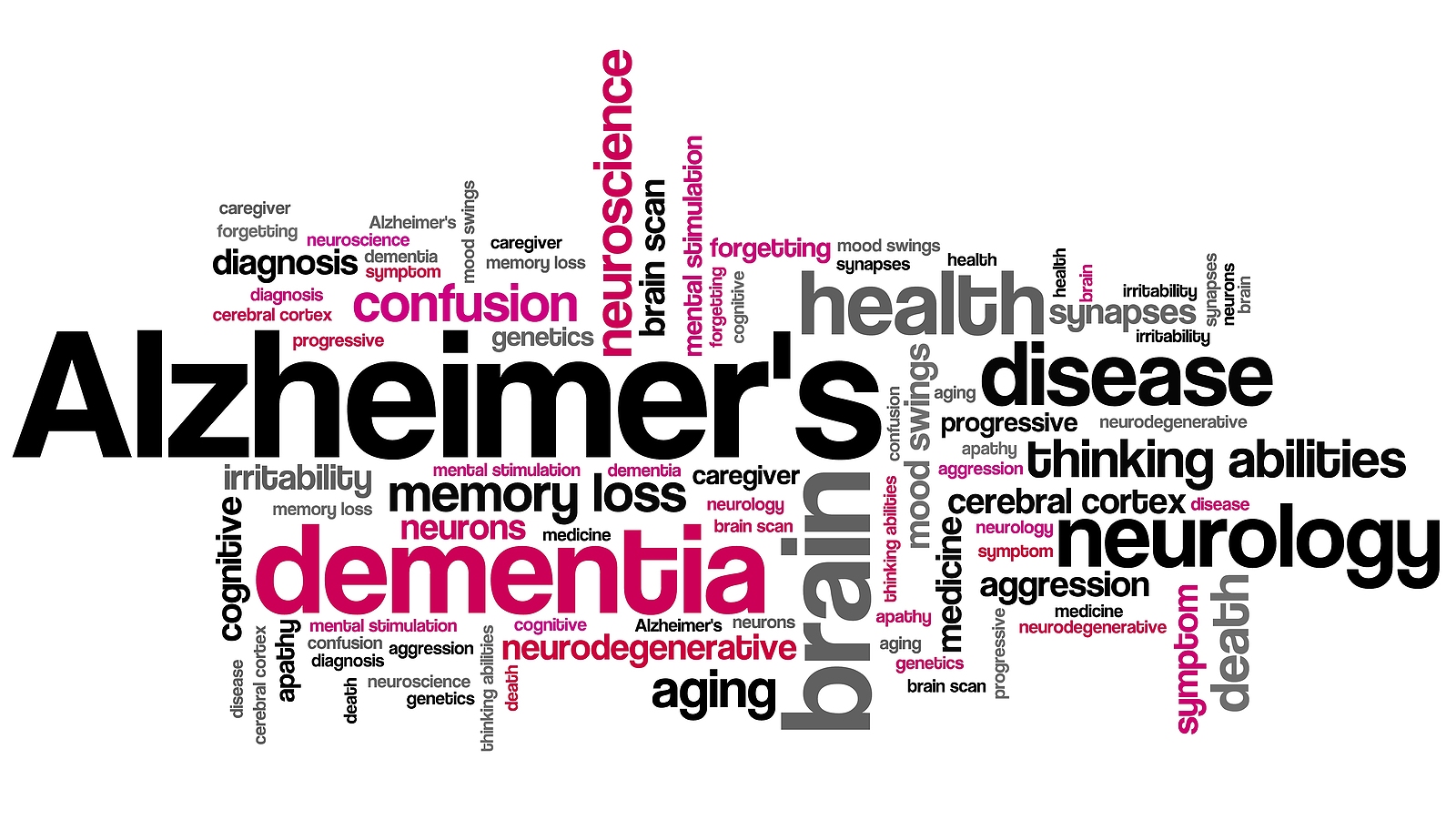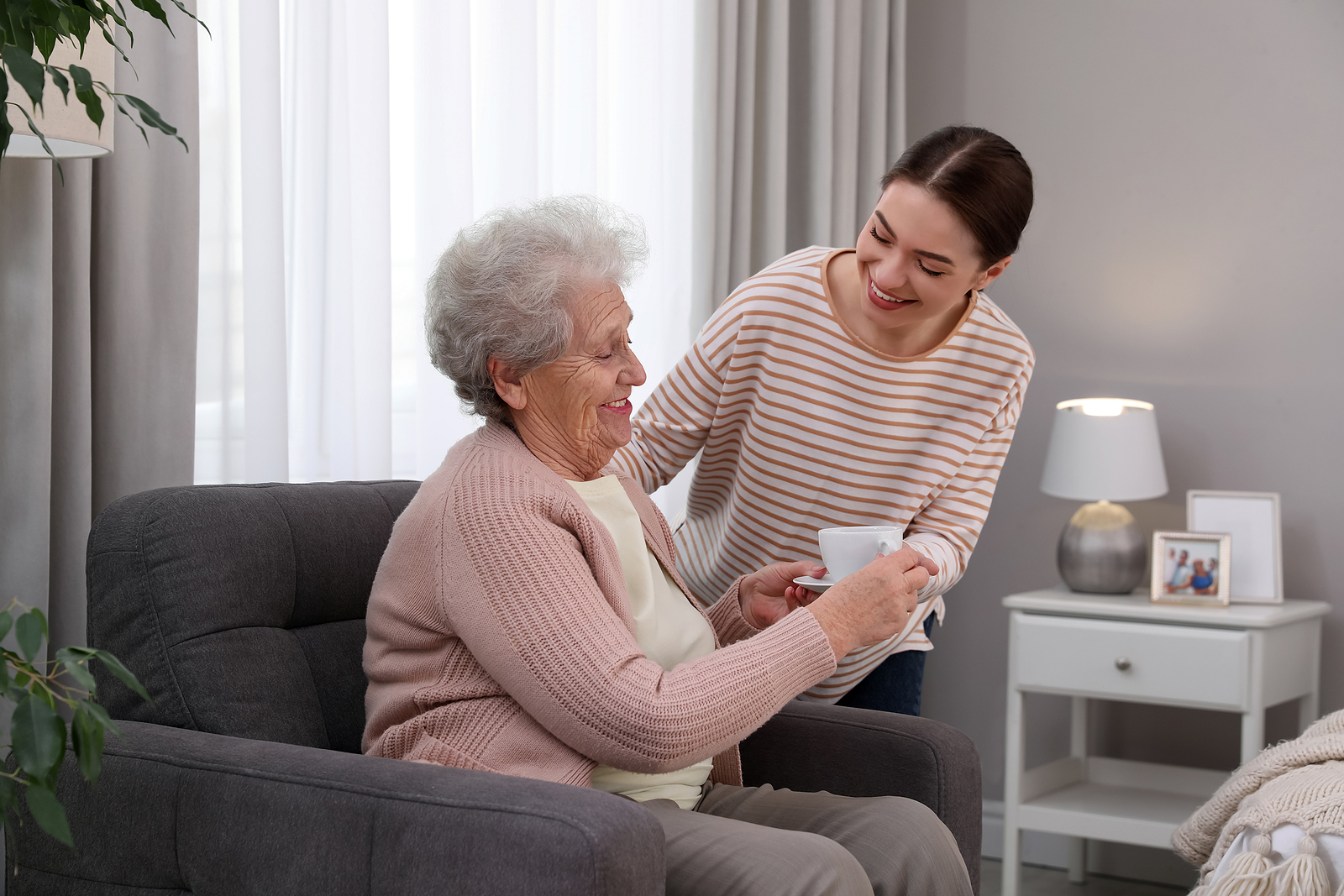What Might You Need to Know About Lewy Body Dementia?

Lewy body dementia is a type of dementia that is caused from abnormal protein deposits in one’s brain. The deposits (Lewy bodies) change the chemicals in the person’s brain. This leads to issues with behavior, mood, movement, and thinking. This is the 3rd most common type of dementia. The first two most common are vascular dementia and Alzheimer’s disease. More than 1,000,000 people in the U.S.A. are affected by Lewy body dementia. The signs usually begin around the age of 50 or after. However, there are cases of younger people getting this disease, as well. Learning more about this disease can help you to spot it and manage it in your elderly loved one.
Lewy Body Dementia Symptoms
Lewy body dementia is a disease that progresses over time. The symptoms are often minor at first. Slowly, with time, the symptoms will progress and get worse. There is no exact timeline for how quickly the disease will progress, as it varies so much for each person that has the disease. Some factors that affect the rate of progression are age and health. Some symptoms that people with Lewy body dementia often have include the following:
- Hallucinations
- Confusion
- Issues with reasoning and thinking
- Issues interpreting information (especially visual)
- Memory loss (but usually not as severe as it is with Alzheimer’s disease)
- Tremors
- Issues with balance
- Feeling stiff
Oftentimes, Lewy body dementia is misdiagnosed as something else, such as Parkinson’s disease. It is important to make sure your elderly loved one sees the best doctors to get a proper diagnosis. If they do get a Lewy body dementia diagnosis, you can hire caregivers to help care for them.
Lewy Body Dementia Treatments
Research shows that getting the right treatment plan for this type of dementia can be tough. Right now, there isn’t a cure for Lewy body dementia. Doctors usually try to focus on treating symptoms of the disease. Your elderly loved one will likely need the following:
- Medications
- Lifestyle changes (at the beginning)
- Changes to their environment
- People to talk to them in a soft tone
- Making tasks easier
It can be tough to help ensure your elderly loved one sticks to a structured daily schedule. In addition, as the disease progresses, you will have to provide more care for your elderly loved one. However, there are caregivers who are happy to help out.
Conclusion
These are some of the things that you might need to know about Lewy body dementia. Now that you know what the symptoms are, you can watch for them in your elderly loved one. If they have symptoms of this disease, be sure they see their doctor, so they can get the proper treatments.
Sources
https://www.nia.nih.gov/health/what-lewy-body-dementia
Subscribe
Date: January 22, 2021


